Most patients with MPM experience pleural effusion, but questions remain about the condition's impact on patient outcomes.
Mesothelioma
Advertisement
Expanded treatment options for pleural mesothelioma are "urgently needed," due to the high morbidity of the disease.
The majority of symptoms at baseline consisted of pain, dyspnea, and fatigue.
A distributed clinical trial is analyzing diet and exercise patterns in young people with lung cancer.
Christopher Seder, MD, discusses the database and how it can be used for research, quality improvement, and risk ...
The initiative aims to increase biomarker testing rates in communities most impacted by lung cancer disparities.
The foundation's 2024 Scientific Grant Program awards mark the "largest single-year investment in its history.”
Researchers conducted an extensive analysis of PM2.5 exposure based on residential history, satellite data, and more.
Arthi Sridhar, MD, discusses the real-world study, which was presented at the IASLC 2024 World Conference on Lung Cancer.
Learn what the global survey showed about the rates of biomarker testing and the remaining barriers to implementation.
Michael R. Gieske, MD, discusses the lung cancer screening initiative, which has been recognized on a national level.
The registry, launched by the Florez Lab in 2023, is collecting data from around the world.
Indoor air pollutants can come from multiple sources and can be risk factors for developing lung cancer.
Shirish M. Gadgeel, MD, shares how treatment options and patient outcomes have evolved since he began practicing.
Dr. Gieske shares what the White Ribbon Project means to him as a lung cancer clinician.
Advertisement

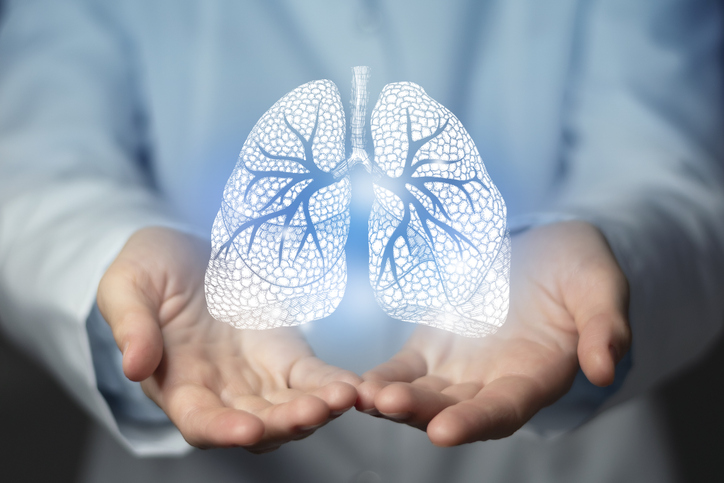
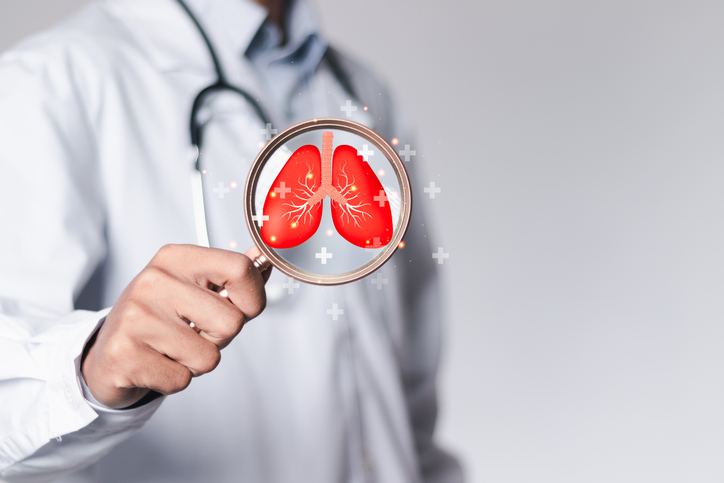





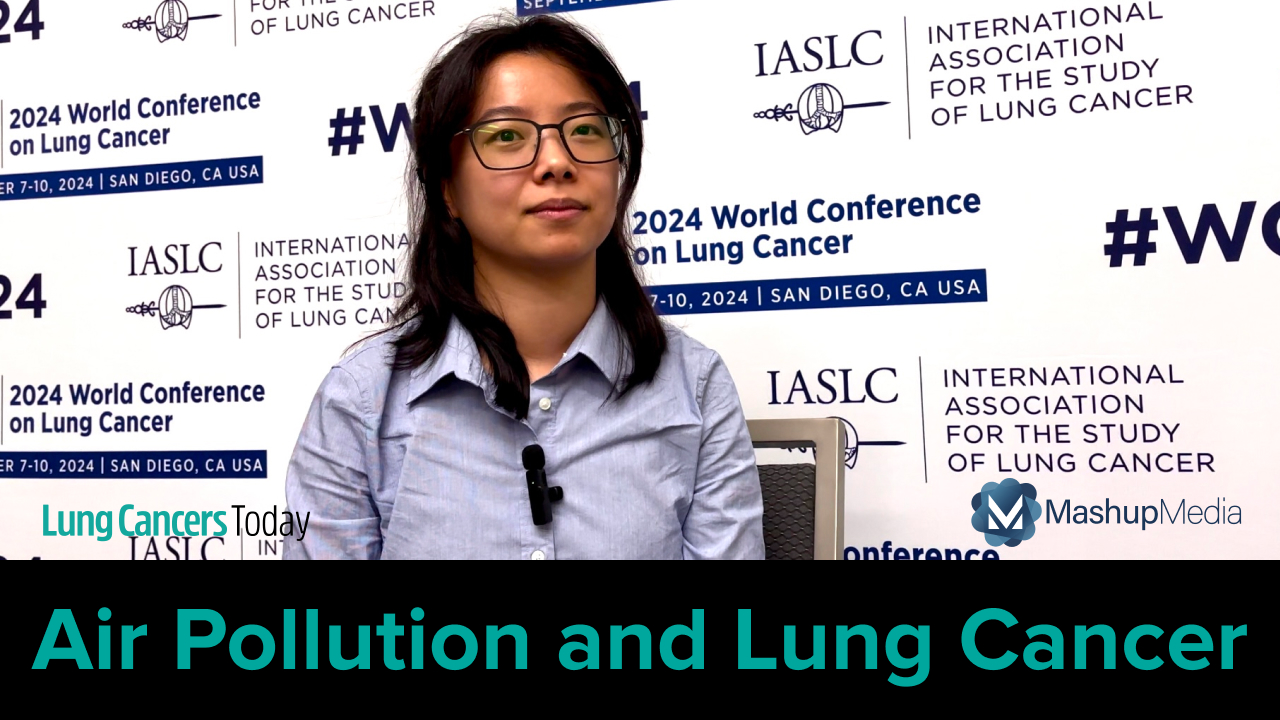


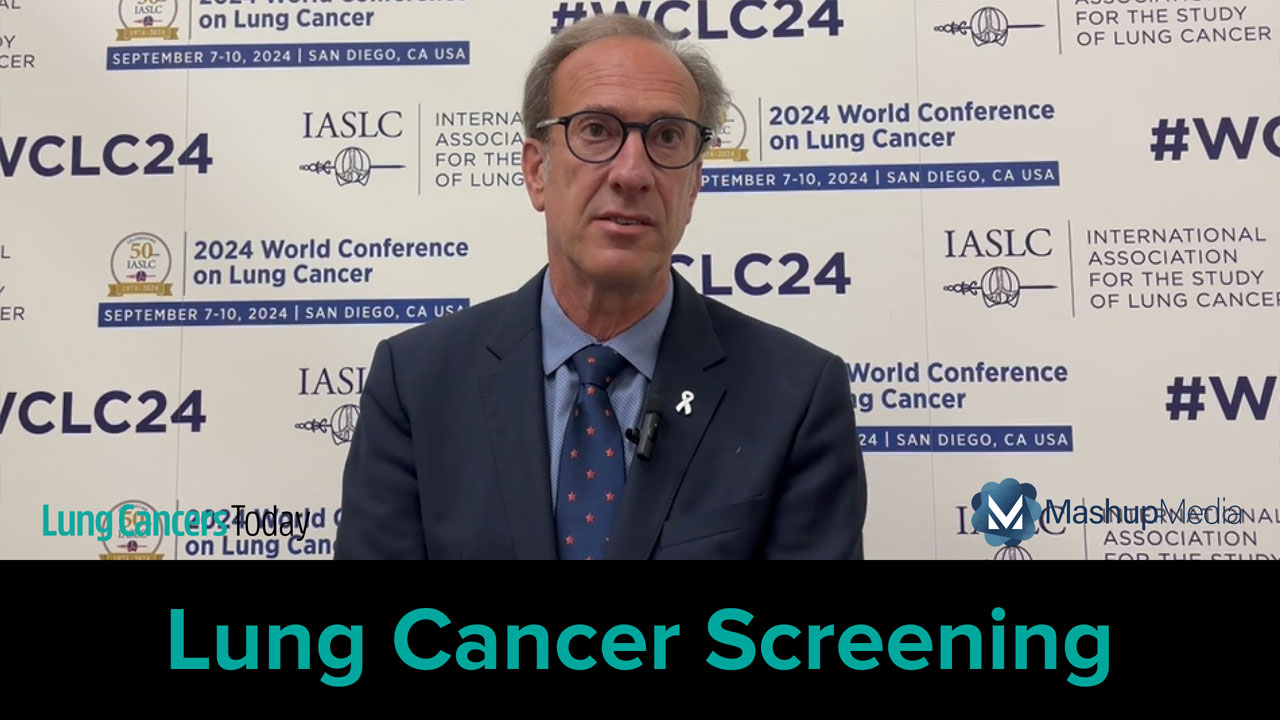



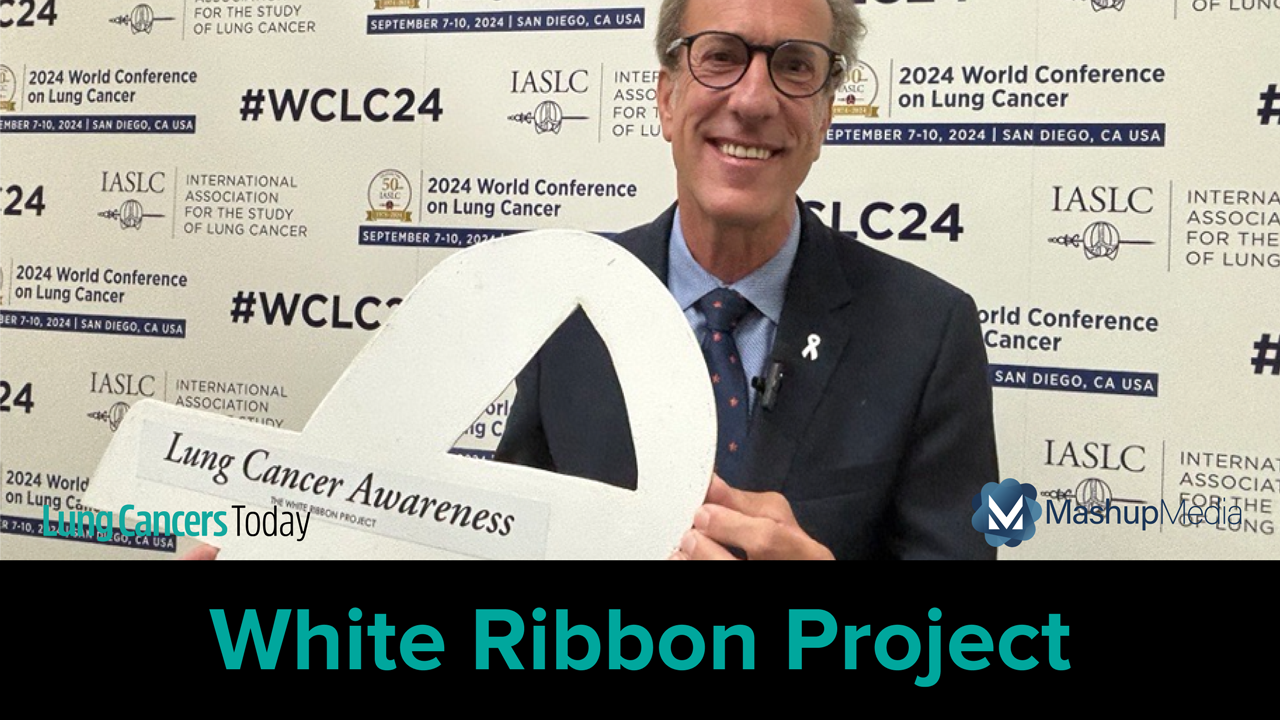

 © 2025 Mashup Media, LLC, a Formedics Property. All Rights Reserved.
© 2025 Mashup Media, LLC, a Formedics Property. All Rights Reserved.